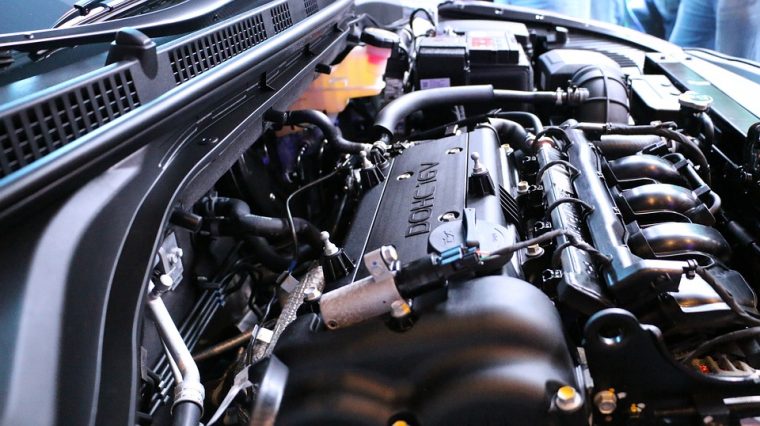How to Diagnose Car Electrical Issues

Photo: Kevin P. via Pixabay
Cars are complex pieces of machinery, and as technology improves each year, the electrical systems in vehicles become even more complicated. An issue with your car’s electrical system can range from a minor inconvenience to a full-blown catastrophe. And while your first thought might be to schedule a service appointment ASAP, sometimes your local dealership or service center doesn’t have any immediately available.
Common Car Concerns: These smells coming from your A/C spell trouble
Luckily, you can diagnose your car’s electrical issue at home, which can help you determine whether you can fix it yourself or whether you need to enlist the help of a professional.
Check your codes
The first thing to check is whether your car is throwing out a diagnostic code. To do this, you will need an OBD2 scanner, which you can buy or rent from any car parts store. This piece of equipment reads onboard diagnostics that the car’s software produces when there is a problem. It plugs into your car’s OBD port, which is typically located just below the steering wheel.
If the OBD2 scanner returns a code, you can search for it online to see what the issue is. If it’s something simple, you can try to fix it at home, but more serious issues should be taken care of by an experienced mechanic. If you do take your car in for repair, you can tell the mechanic about the code so they know where to start looking.
Inspect your wiring
If you’re familiar with wiring, you can inspect your car’s wiring yourself. Your car manual may offer some help on what everything should look like. Look for loose connections; broken, frayed, or damaged wires; or corrosion on the connections. If you find any issues you can try correcting them yourself by tightening the connections and cleaning them if they appear corroded. Sometimes that can solve the problem, but if that doesn’t work there might be something else at play.
Consult a professional
When it comes to electrical concerns in your car, it’s often best to leave the diagnosis and repairs to the professionals. Your car’s electrical system is similar to the circulatory system in your body, and one problem can lead to another if not properly addressed.
Warning signs
If you’re not familiar with how car electrical systems work, you might not know the warning signs of a problem. Here are a few signs that your car has a problem with its electrical system.
- Engine won’t start: This could be a sign of a bad battery or alternator, but it can also be a sign of an electrical problem.
- Headlights are malfunctioning: Your headlights (and interior light) need power in order to work. If there is a problem within your car’s electrical system, your headlights can appear dim, which suggests a voltage issue.
- Funky smells: If you smell burning plastic while you’re driving, you could have a serious and dangerous problem with your car’s electrical system. Stop driving and take it to a mechanic ASAP.
- Constantly blowing fuses: Car fuses have a shelf life, but if you’ve noticed several fuses blowing in a short period of time, it could be a sign of an electrical issue.
Latest Truck Tech: Check out the innovative technology on the 2021 Chevy Silverado 1500
If you notice any of these issues, it’s a good idea to get your car checked out as soon as you can. Driving a car with electrical problems can make the issues worse and lead to much costlier repairs than if you had just taken the car in at the first sign of trouble.
Catherine Hiles (she/her) is a native Brit living and working in Dayton, Ohio. Cat has written about a variety of subjects, including finance, cars, and parenting. She is a frequent contributor to Dayton Mom Collective, The Penny Hoarder, and WDW Magazine.
Cat lives with her husband, their two kids, and their energetic pitbull mix. She counts running, lifting weights, walking, and reading among her hobbies. See more articles by Cat.

